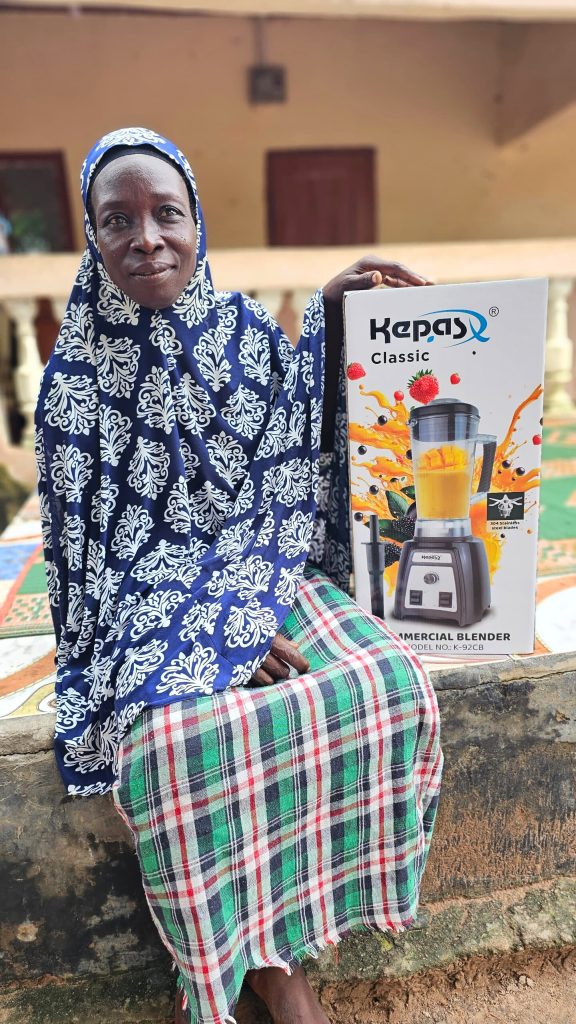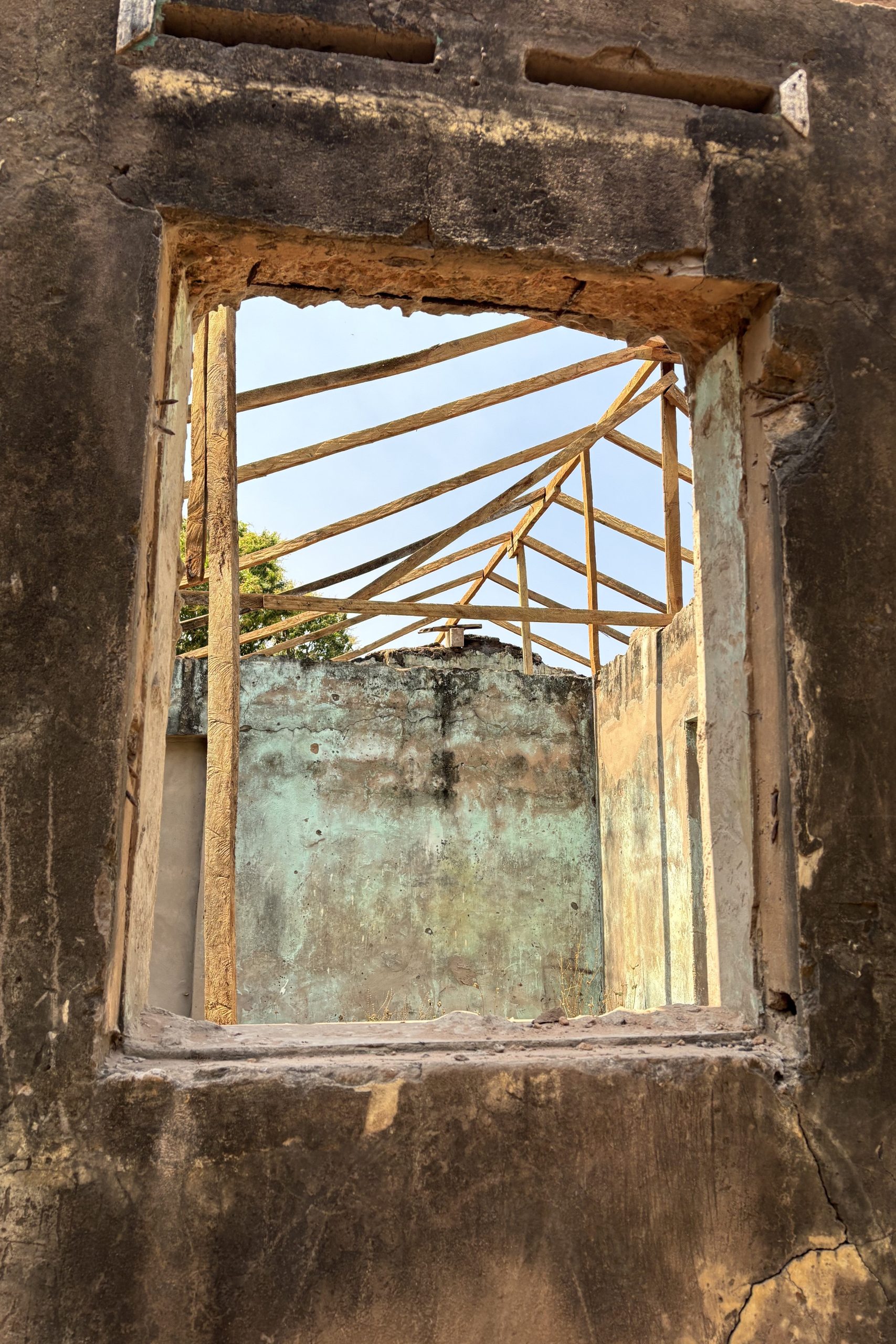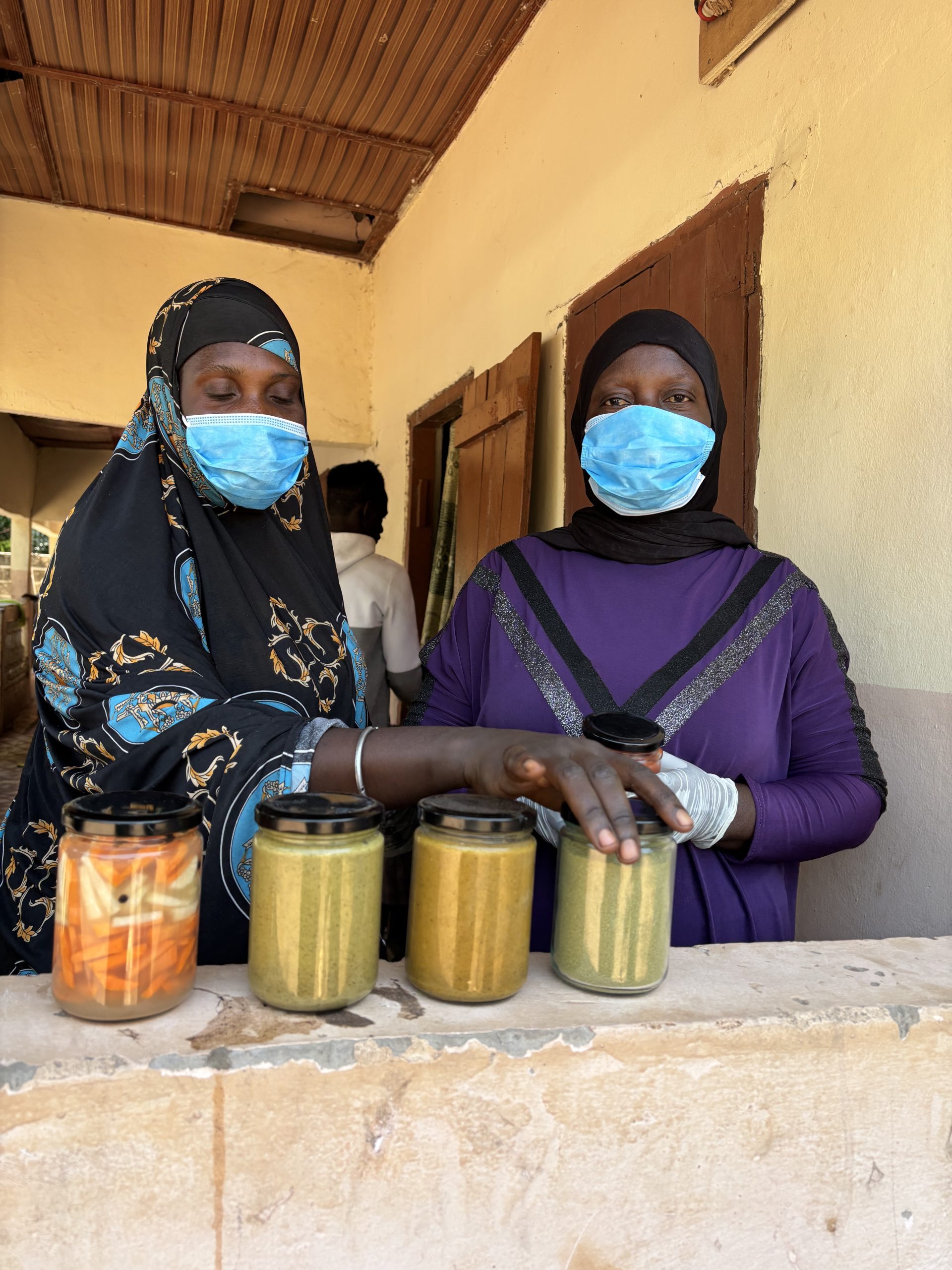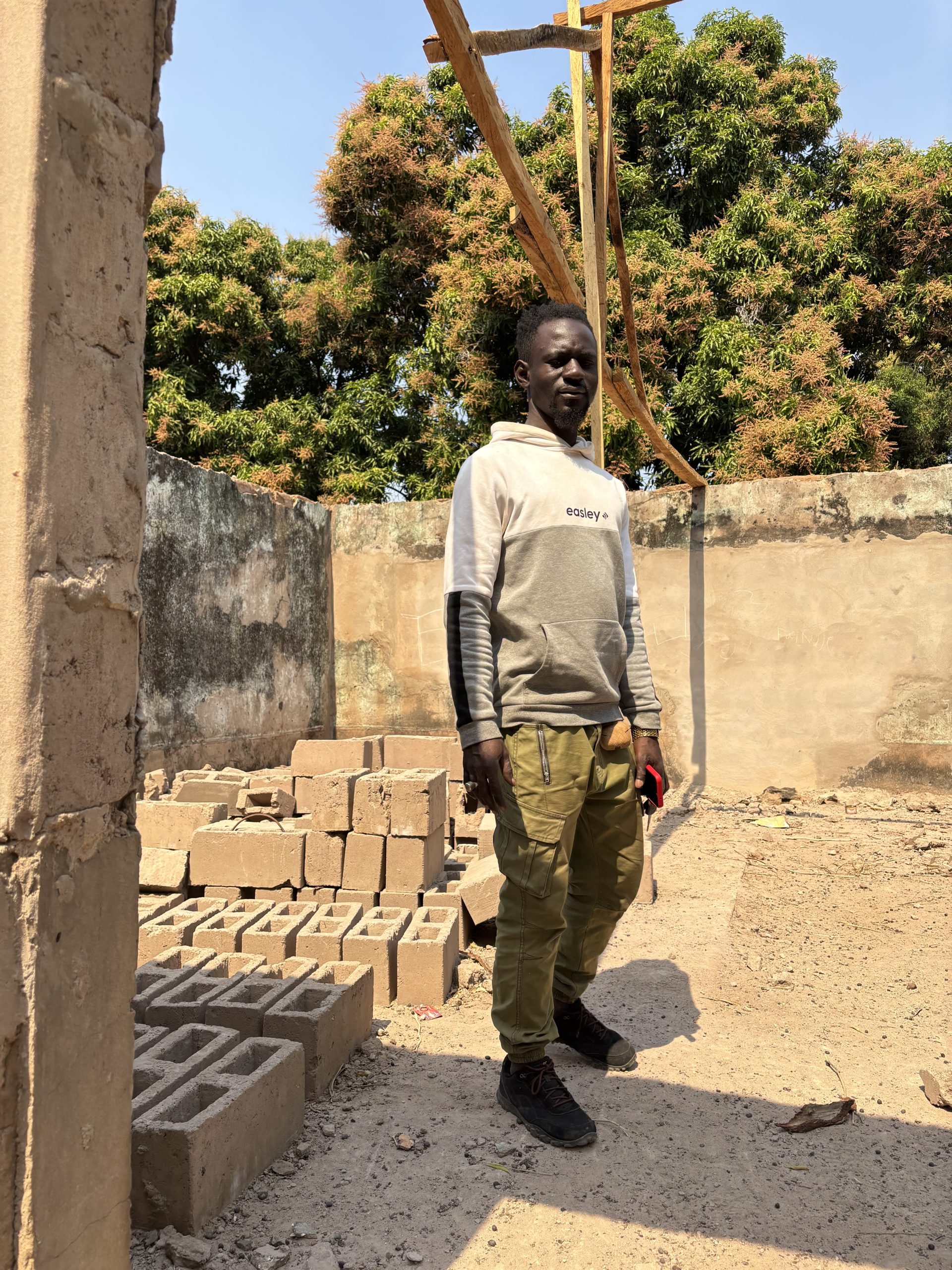One of Tesito-project’s key objectives is to enhance food security in the community of Jiffarong by creating new sustainable livelihoods, that substitute selling of firewood and charcoal.
Since Jiffarong garden was established, 90 women started farming vegetables. They grow vegetables in the garden, using some of the harvest at home and selling parts of it in the markets and in the community. However, very soon after farming started, the Tesito-team noticed that according to the data collected, most of the vegetables harvested were onion.
Since Jiffarong is a remote community that lacks public transportation and private vehicles, the farmers often struggle to travel to regional markets to sell their products. Especially quickly perishable vegetables such as tomato, pepper and okra get spoiled fast, and therefore most of the women have decided to grow onions, which are easier to store. This reduces the diversity of crops grown and makes it more difficult to sell products to other community members.
With an EKOenergy grant, a community owned building next to the Jiffarong garden is currently under construction, to be turned into a solar powered food processing station and cool storage. EKOenergy is a non-profit ecolabel for renewable energy that fulfills additional sustainability criteria. Thanks to consumers who use EKOenergy-labeled energy worldwide, the EKOenergy label raises funds for renewable energy projects for the benefit of local communities in low- and middle-income countries, like in Gambia.


At the station, vegetable farmers can process their vegetables and fruits into canned or dried goods, such as tomato paste, jam and dried fruits, which helps them to cope throughout the food insecure months between the harvests. Also, processing vegetables and fruits into canned foods increases the value of the product in the market and makes it easier for the vegetable farmers to sell their products year-round. The drying machine enables drying of vegetable seeds for sale and for the farmer’s own use. Food preservation improves the year-round diet diversification of the community members, as they are able to preserve different ingredients outside the harvest season.
Supplies for the food processing and cooling station have been purchased and delivered to Jiffarong, and are powered by 10 solar panels. The equipment includes various cooling appliances, such as air conditioners and ceiling fans. In addition, three blenders were acquired for farmers’ use, along with storage containers for processed fruits and vegetables, and a freezer for cold storage. The station also offers extra storage space: farmers can rent space on shelves for a small fee to store their own preserved goods. Last January, a food processing training was organized for the farmers to learn different techniques to process food into dried and canned products.
The remote communities around Jiffarong also lack such technology, which can currently only be found from the coastal area, hundreds of kilometers away. These communities will benefit from the technology and can process their food in Jiffarong as well.
Stay tuned to follow the construction of the food processing station at Tesito’s instagram account @tesitoprojectgambia!


1 thought on “Construction of cool storage and food processing station”
Comments are closed.